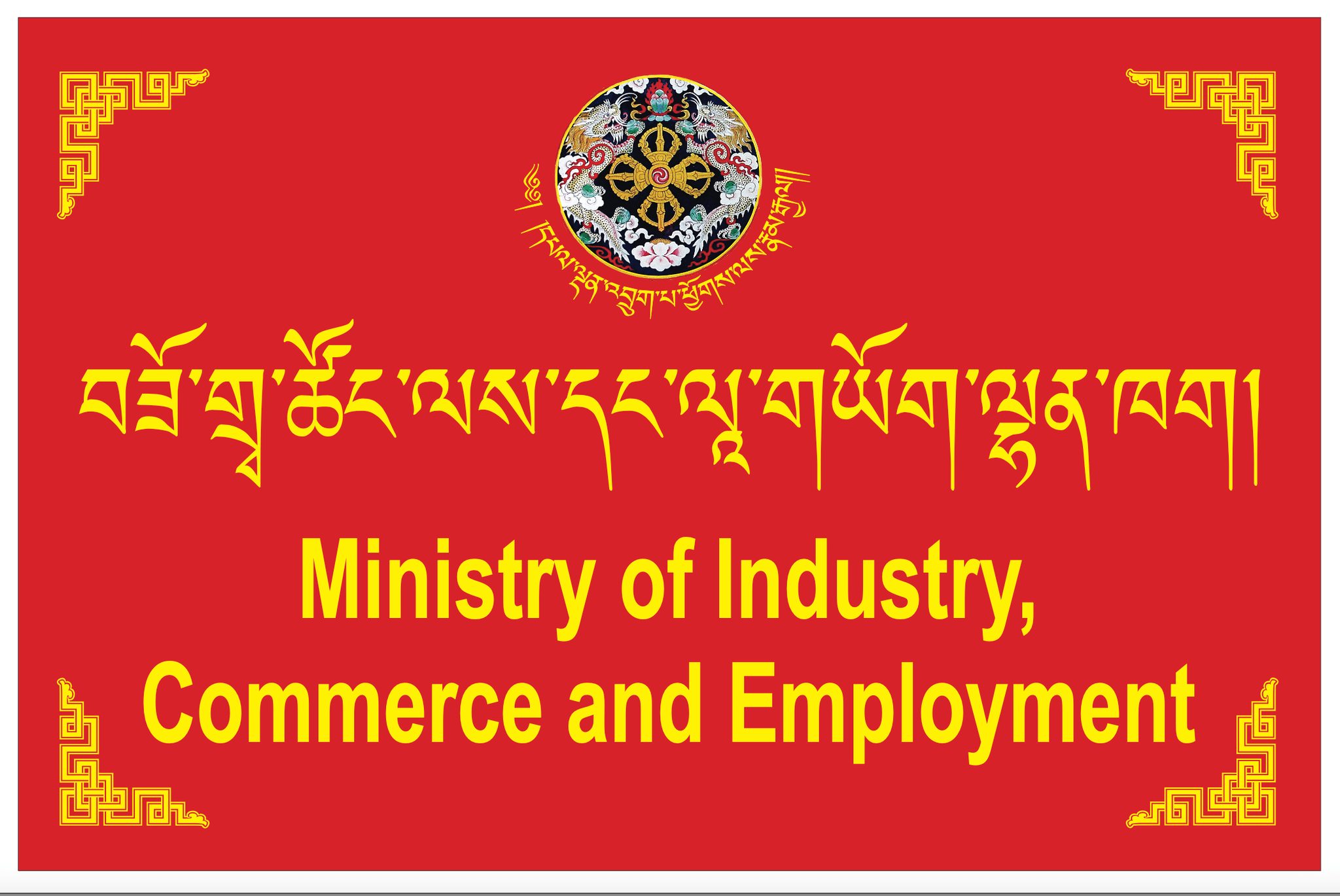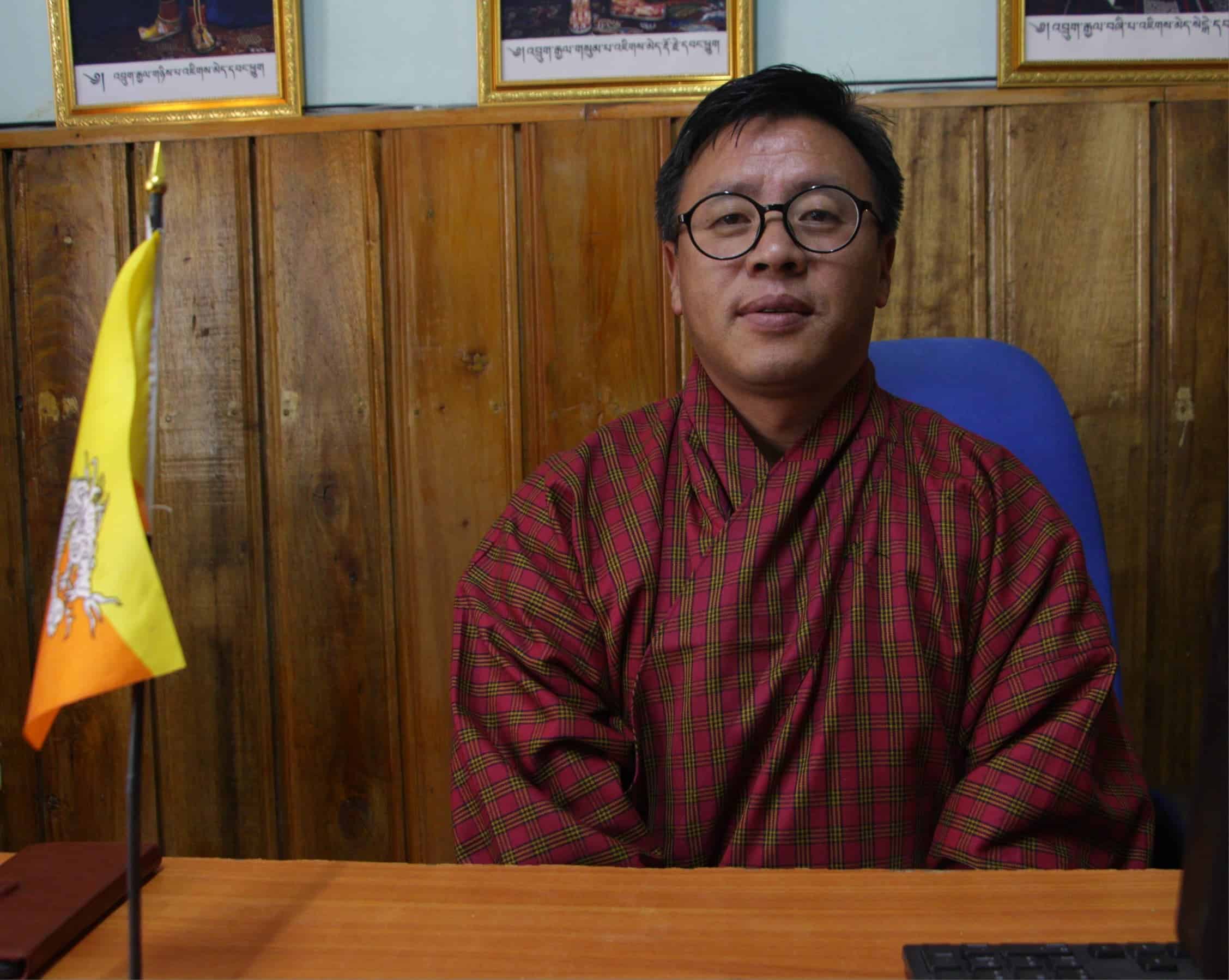In a bid to foster sustainable economic development, the Ministry of Industry, Commerce, and Employment (MoICE) has championed inclusive policy-making, recognizing its pivotal role in nurturing private sector growth.
MoICE’s initiatives encompass a range of actions aimed at involving diverse stakeholders in the policy-making process. These include soliciting public opinions, conducting thorough impact assessments of proposed regulations, and establishing collaborative platforms such as the Better Business Council. Through these endeavors, the Ministry seeks to forge robust partnerships between the government and businesses, with the overarching goal of formulating policies conducive to economic expansion and enhanced quality of life for all.
However, MoICE acknowledges the challenges inherent in ensuring effective implementation of inclusive policy-making within government offices. The Ministry emphasizes the need for concerted efforts to facilitate an environment conducive to business innovation and growth, underpinned by principles of transparency, stakeholder engagement, and evidence-based decision-making.
Despite strides made in these areas, MoICE recognizes the need for ongoing refinement and improvement. There have been instances where the thoroughness of policy impact assessments has been called into question, highlighting the importance of rigor and precision in analyzing the potential ramifications of proposed legislation.
The establishment of the Better Business Council in 2014 stood as a testament to MoICE’s commitment to recognizing the vital role of businesses in driving economic progress. This platform serves as a conduit for regular dialogue between government and business stakeholders, ensuring that economic growth is pursued in a manner that is equitable and sustainable for all parties involved.
As part of the 13th Five-Year Plan (FYP), MoICE has secured commitments from businesses to contribute to vital sectors such as tourism, agriculture, mining, construction, and manufacturing. The Ministry pledges to monitor and evaluate the progress of these commitments diligently, with support from other government agencies, thereby striving to achieve the plan’s objectives and foster sustained economic prosperity.
By Ngeldrup Lhamo, Thimphu
















